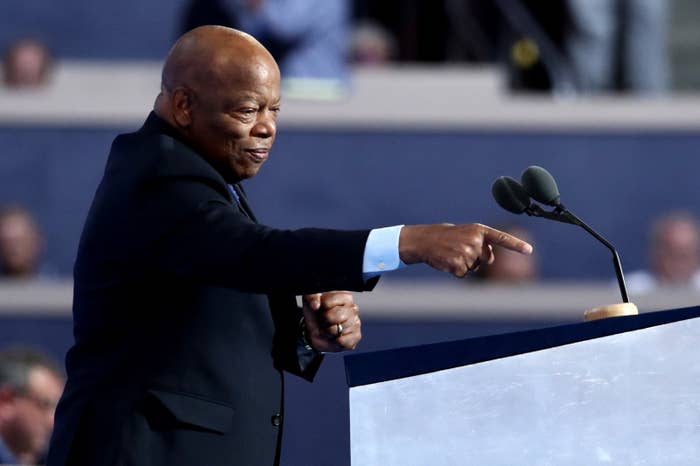
Georgia Rep. John Lewis, a revered civil rights icon and longstanding Democratic member of the House, died Friday. He was 80.
His death was confirmed by Speaker Nancy Pelosi, who called him one of the greatest heroes of American history.
"John Lewis was a titan of the civil rights movement whose goodness, faith and bravery transformed our nation," she said.
Lewis had represented the Atlanta area since he was elected to Congress in 1986. He was one of the highest-profile members of the House and the longest-serving member of the Congressional Black Caucus.
In a statement Friday night, the Congressional Black Caucus mourned the loss of Lewis: "The world has lost a legend; the civil rights movement has lost an icon, the City of Atlanta has lost one of its most fearless leaders."
Lewis had announced on Dec. 29 that he had been diagnosed with stage 4 pancreatic cancer.
“It is a challenge and a fight. But I have had challenges before and been fighting all my life,” Lewis told the Atlanta Journal-Constitution on New Year’s Eve. “I am ready for the fight. I will go through the treatment and face the day each day like it is a new day. I will continue to be hopeful and optimistic.”
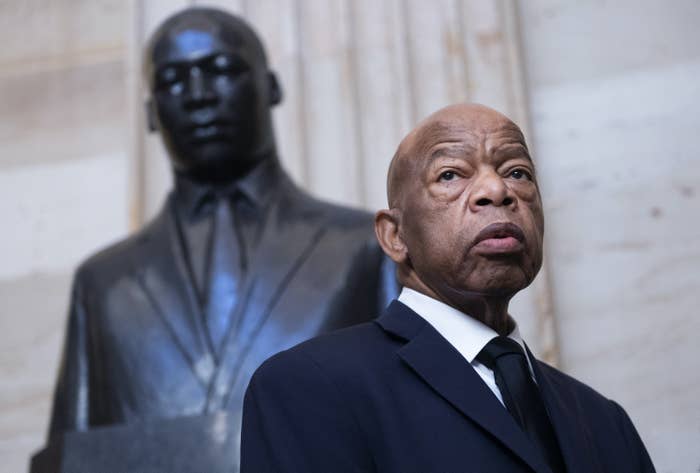
Lewis was a national figure well before he served in Congress. In the 1960s, he was one of the "Big Six” leaders of the civil rights movement, along with Martin Luther King Jr. and others. At the time, Lewis was in his twenties and was serving as the chair of the Student Nonviolent Coordinating Committee.
In that role, Lewis was one of the leaders of the roughly 600 protesters who participated in the 1965 Selma to Montgomery March for full voting rights for Black Americans. Protesters only made it to the Edmund Pettus Bridge heading east out of Selma on March 7 before they encountered law enforcement who forced them to stop. State troopers beat protesters using clubs and tear gas. Lewis was among the injured on what came to be known as “Bloody Sunday,” and sustained a fractured skull among other injuries.
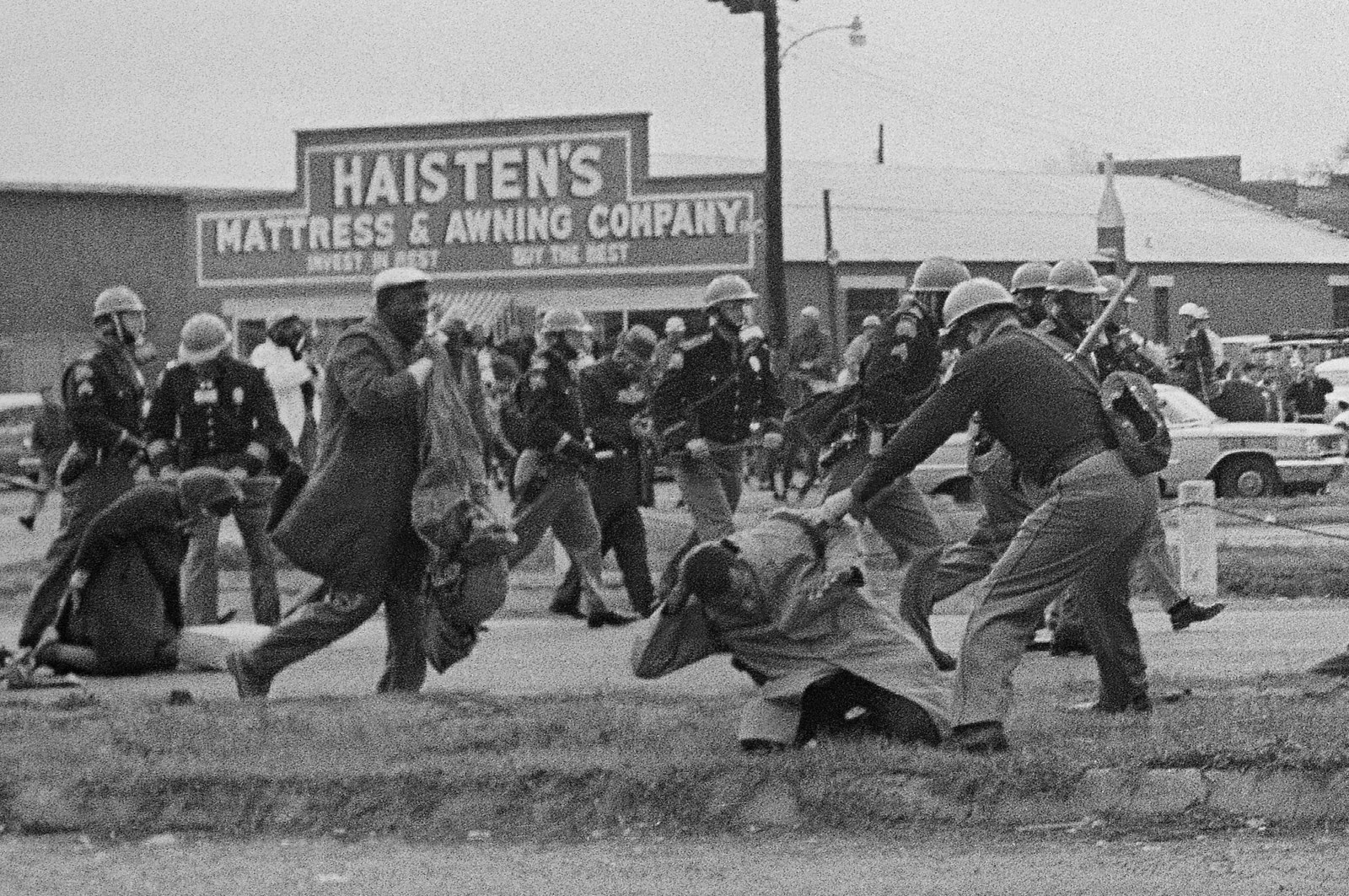
Later that month the protesters were granted the right to continue the 54-mile march to Alabama’s capital. The violence during that march helped build support for legislative action, and the Voting Rights Act was signed by President Lyndon Johnson later that year.
Lewis was also an organizer and speaker at the 1963 March on Washington, where Martin Luther King Jr. gave his famous “I Have a Dream” speech. Lewis’s official biography notes that he was arrested more than 40 times as he worked in the civil rights movement. He participated in countless nonviolent demonstrations, protests, and sit-ins.
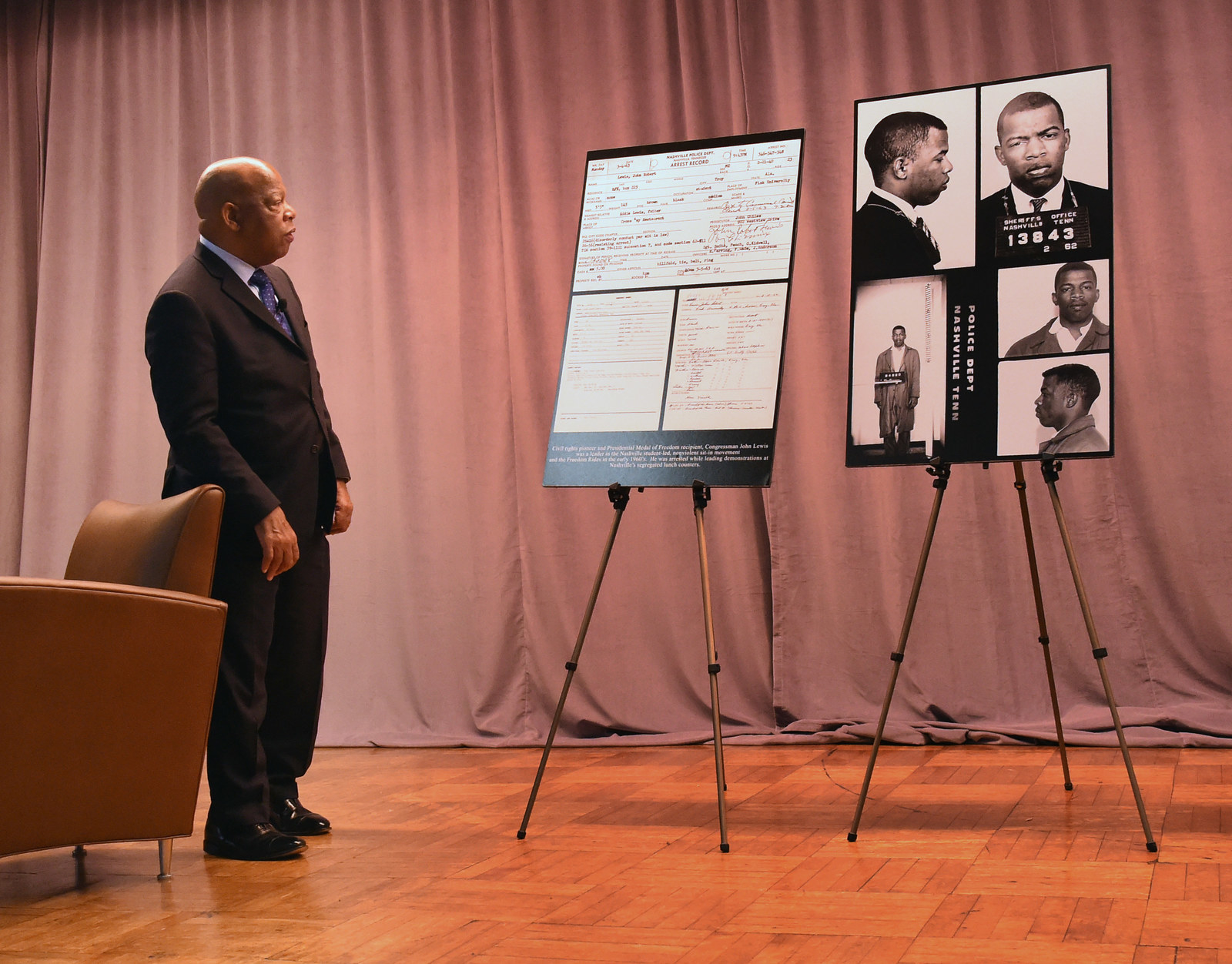
Lewis returned to Selma in March 2018, for the annual Bridge Crossing Jubilee, where he gave a speech about voting rights and the work left for the movement to do, before he joined others in walking across the Edmund Pettus Bridge, where he was injured 53 years prior.
In recent years, Lewis authored a trilogy of graphic novels about his experience at Selma. The series, titled March, recounts his personal story as well as the story of the civil rights movement more broadly.
Former president Barack Obama awarded Lewis with the Presidential Medal of Freedom, the highest award given to civilians, in 2011 for his contributions in the civil rights era.
“Generations from now, when parents teach their children what is meant by courage, the story of John Lewis will come to mind — an American who knew that change could not wait for some other person or some other time; whose life is a lesson in the fierce urgency of now,” Obama said during the ceremony.
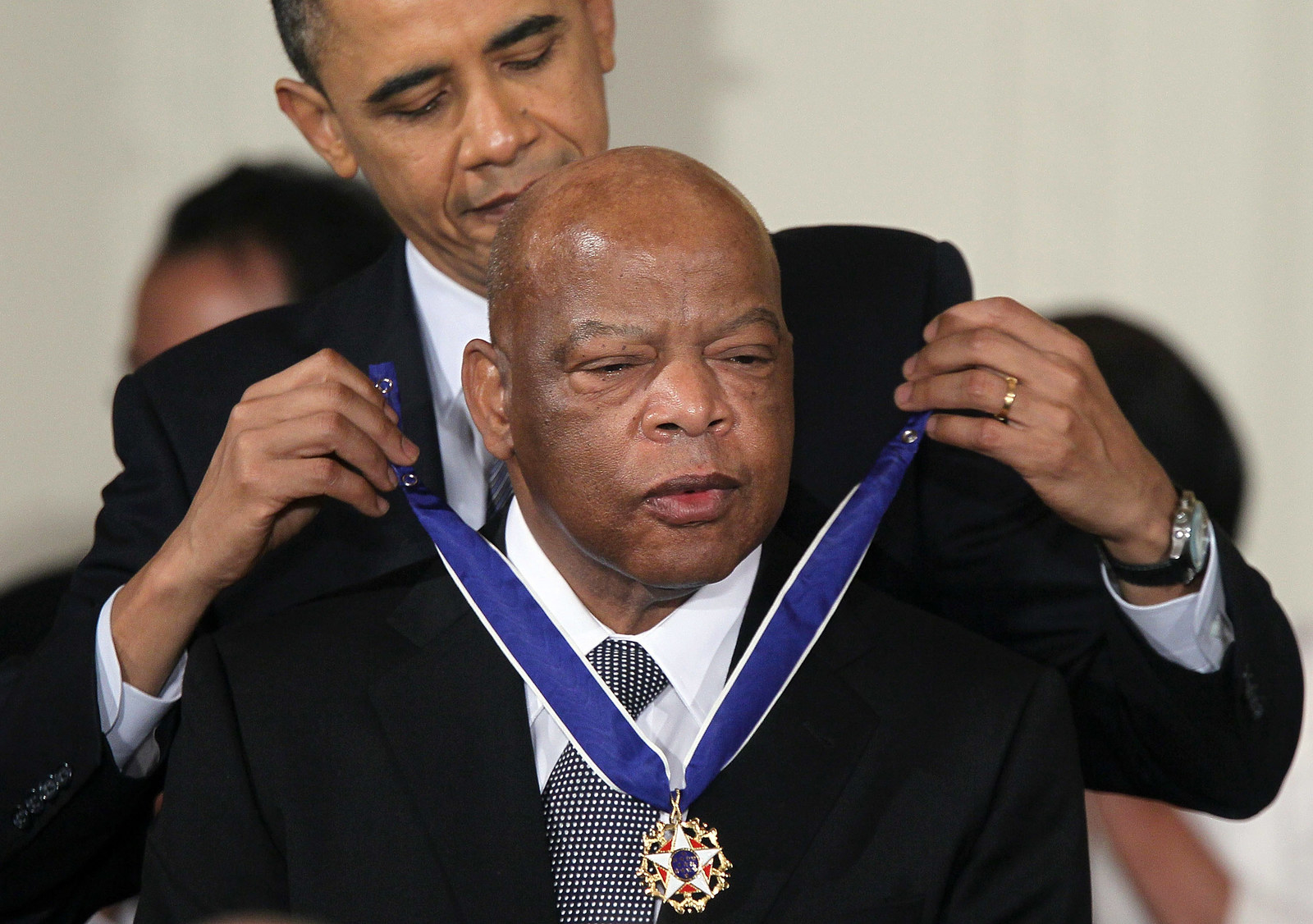
Lewis’s involvement in the civil rights movement was intricately tied to his approach to being a lawmaker. In Congress, he often discussed his former experiences and spoke of “good trouble.”
Just 10 days ago, he tweeted about the anniversary of his arrest during the Freedom Rides.
59 years ago today I was released from Parchman Farm Penitentiary after being arrested in Jackson, MS for using a so-called "white" restroom during the Freedom Rides of 1961.
Lewis was one of the leaders of the Democrats’ sit-in on the House floor in the summer of 2016, an unsuccessful attempt to get Republicans to take up gun control legislation following the Orlando Pulse nightclub shooting. But the sit-in did draw national attention, and eventually prompted Republicans to shut off cameras while Democrats held the floor for a day, forcing the Democrats to livestream the hours they spent on the floor themselves.
I'm on the House floor with @repjohnlewis & Dems staging a sit-in to demand action on commonsense gun legislation
In July 2018, Lewis was hospitalized for a weekend after reportedly becoming ill on a flight but released with a “clean bill of health” a day later.
Shortly before he was inaugurated in 2017, President Donald Trump tweeted about Lewis, who had said he did not view Trump as a “legitimate” president and protested Trump’s inauguration by not attending.
Congressman John Lewis should spend more time on fixing and helping his district, which is in horrible shape and falling apart (not to......
mention crime infested) rather than falsely complaining about the election results. All talk, talk, talk - no action or results. Sad!
Lewis served on the powerful House Ways and Means Committee. According to his office, he held more than 50 honorary degrees from colleges and universities.
In April 2018, Lewis was asked to deliver the Weekly Democratic Address to mark the 50th anniversary of King's assassination. He used the opportunity to warn “against the danger of building walls.”
"If Dr. King were with us today," said Lewis, "he would continue to push our country to respect the dignity and the worth of every human being — no matter where they are born, no matter their race, age, religion, or gender identity.”
In March this year, he marched across the Edmund Pettus Bridge one final time to mark 55 years since Bloody Sunday.
"On this bridge some of us gave a little blood to help redeem the soul of America," he said. "Our country is a better country. We are [a] better people, but we have still a distance to travel to go before we get there."



